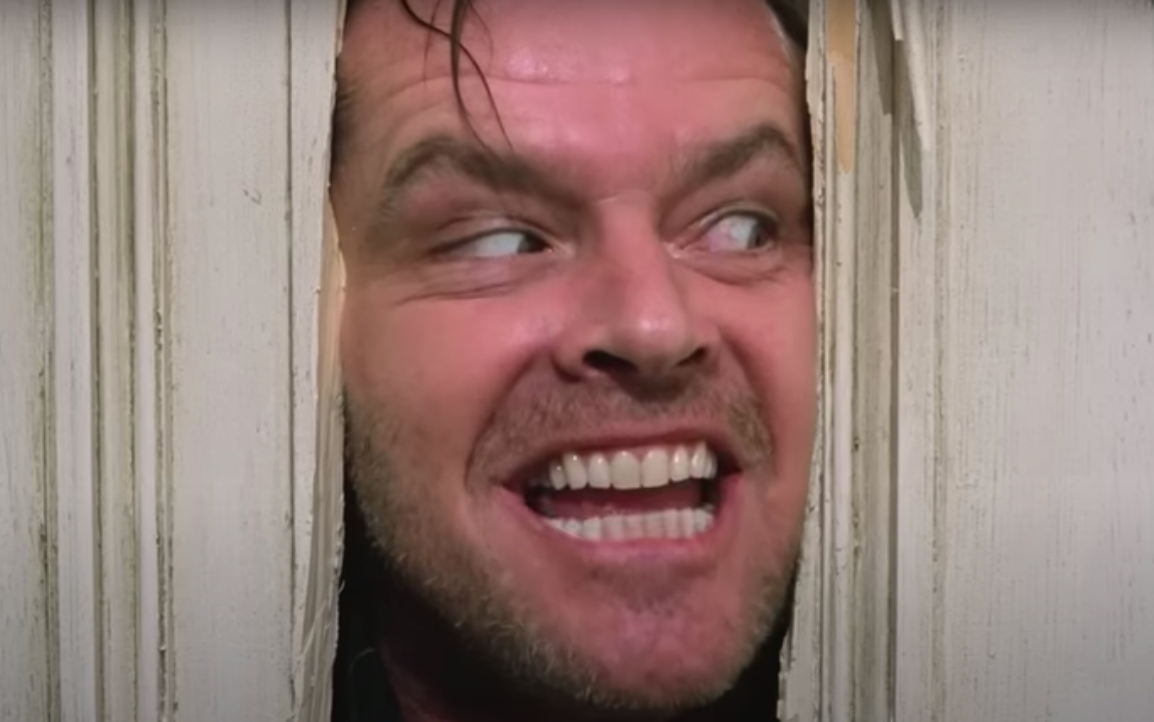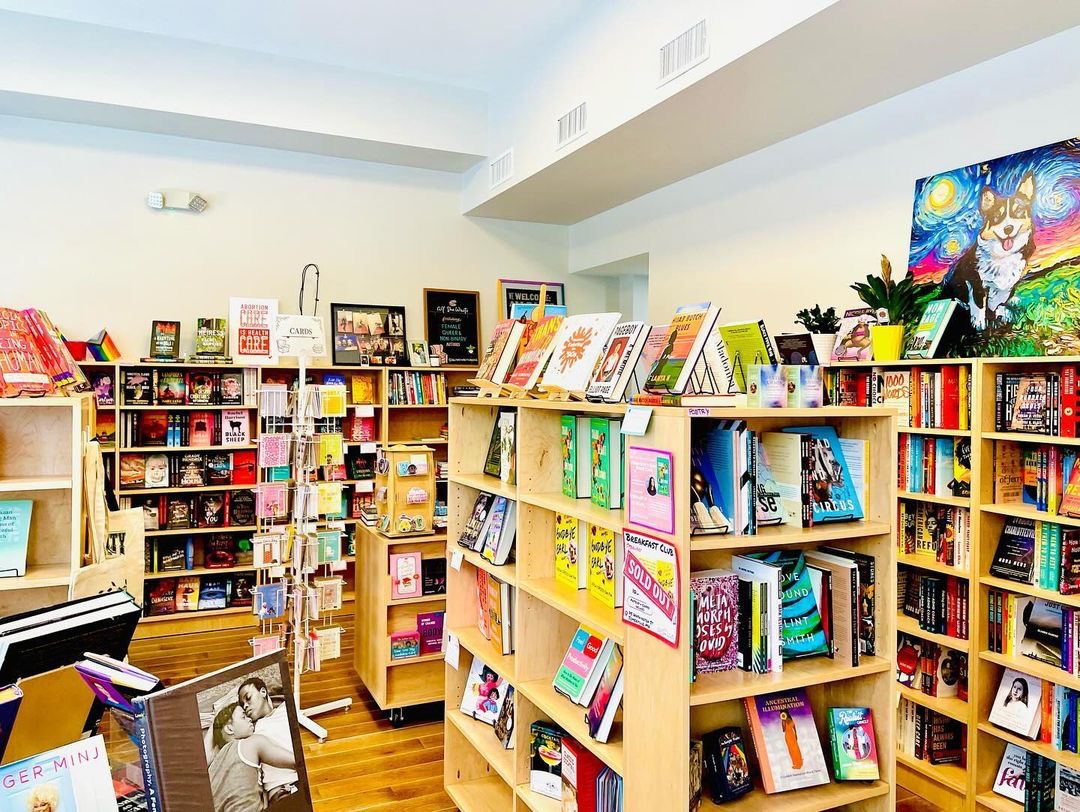news
A Night at the Museum: PEN Gala Celebrates Charlie Hebdo After Controversy

Despite the armed police officers outside of the American Museum of Natural History, the metal detectors, and the gaggle of eager press inside (a group that included me), the atmosphere of last night’s PEN gala was largely what one would expect from a black-tie event, congenial, formal, celebratory, and underscored by a strong allegiance to the cause: to defend freedom of expression, and to defend writers endangered because of their work.
The increased security measures were for the staff of Charlie Hebdo, the recipients of the Toni and James C. Goodale Freedom of Expression Courage Award, who continued to publish their satirical magazine after many of their colleagues were murdered on January 7, 2015. (Such security measures were not necessary when the Russian punk band Pussy Riot received the same award last year.) The award prompted six prominent writers including Francine Prose, Teju Cole, Michael Ondaatje, and Rachel Kushner to boycott the event, and for another six writers, including Art Spielgelman, Alison Bechdel, Azar Nafisi, and Neil Gaiman to step in to replace them as literary table hosts.
At the pre-gala reception, some writers I spoke to shied away from taking an on-the-record stance on the controversy, while others gave measured comments. I asked Alexander Chee, author of the forthcoming The Queen of the Night, what freedom of expression means to him. He said, “I’m not sure I want to answer that,” before continuing: “The hardest part about free speech is that it’s the most annoying right to defend, and so you always want to back away from it, and that’s when you lose it.” When I asked Porochista Khakpour, the Iranian-born author of The Last Illusion, the same question, she said, “I became an American in 2001, and so for me freedom of expression is a hard-won freedom because I don’t have it in my mother country. So for me, it’s precious on so many levels.”
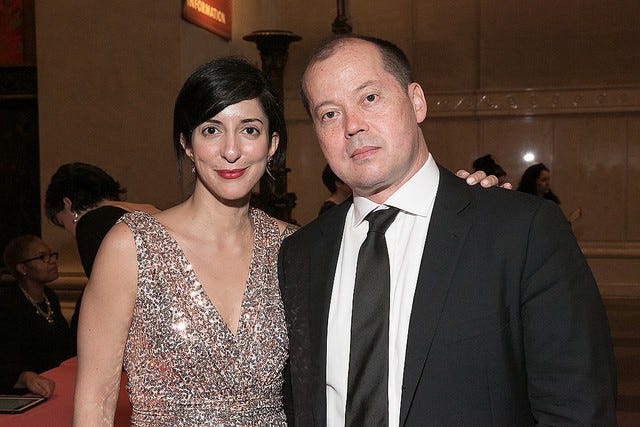
Alison Bechdel, explaining why she stepped in as last minute table host, said, “Art Spiegelman invited me and I thought, hell yeah, I’ll come.” She continued, “At that point I didn’t really know the whole scope of the controversy, and the more I read about it the more anxious I became, because all these writers I know and admire are on the protesting side. It’s been very confusing trying to sort this out, but I feel an allegiance with the cartoonists and I feel that I can separate the content of their work from the courage, which is indisputable, and I am very happy to be here.”
After cocktails, the guests moved into the Hall of Ocean Life to be seated at tables beneath the 21,000-pound fiberglass whale. They were welcomed by PEN President Andrew Solomon, who addressed “the elephant in the room, or in this case, the whale,” by saying, “we defend freedom of speech above it’s content.”
However, a person who hadn’t followed the debates leading up to the event might not have perceived an elephant at all. The reception for Girard Biard and Jean-Baptiste-Thoret, the editor-in-chief and film critique for Charlie Hebdo, was decidedly supportive and enthusiastic. As several major news outlets have already reported, they received a standing ovation.
Alain Mabanckou, a French-Congolese author who also stepped in as a late table host, Dominique Sopo of SOS Racisme, Biard, and Thoret, all spoke of behalf of Charlie Hebdo. “Charlie Hebdo is absolutely against racism,” said Sopo, who spoke in French. “Democracy is free discussion among citizens, and so it cannot accept religious dogma.” Thoret concluded with the line that brought the crowd to its feet: “Being shocked is part of democratic debate; being shot is not.”
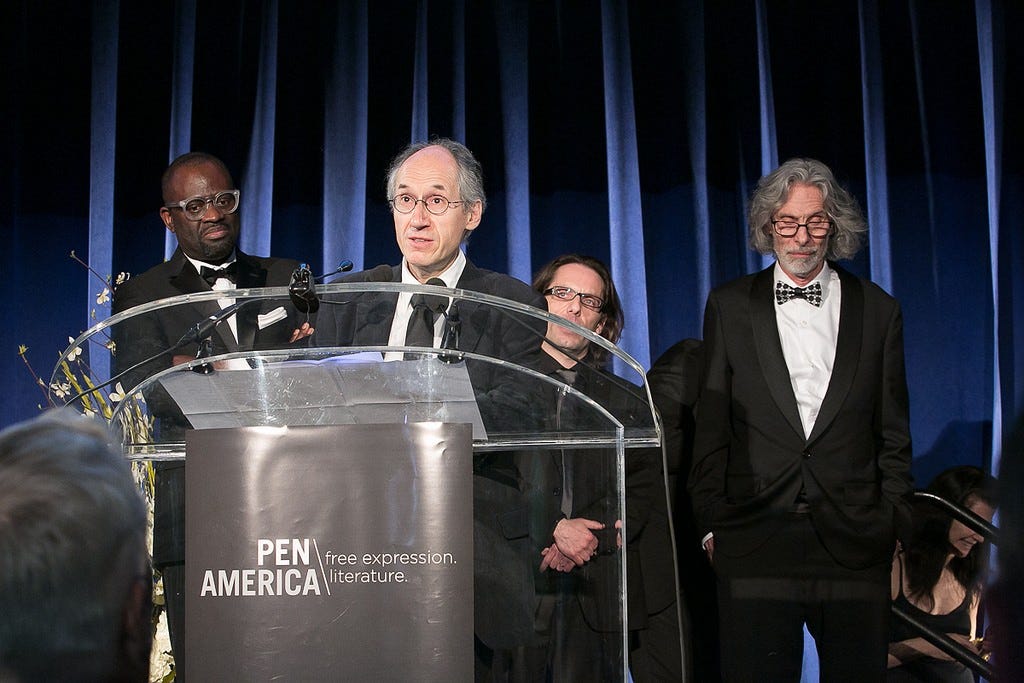
Though much of the attention leading up to the gala was focused on Charlie Hebdo, three other awards were presented last night. Markus Dohle, CEO of Penguin Random House, was the publisher honoree, playwright Tom Stoppard received the Allen Foundation Literary Service Award, and imprisoned Azerbaijani journalist Khadijah Ismayilova received the Barbra Goldsmith Freedom to Write Award. 35 of the 39 recipients of the Freedom to Write Award have been freed, and executive director of PEN Suzanne Nossel made a rousing call for Ismayilova to be the 36th.
Actress Glen Close presented the award to Tom Stoppard, sharing that he contributed this essential line to the 1996 children’s movie 101 Dalmatians: “You may have won the battle, but I won the wardrobe.” Tom Stoppard’s acceptance speech was particularly moving, and focused on the role of the artist in society. “The idea of society is not intelligible to me without the idea of the artist,” he said.
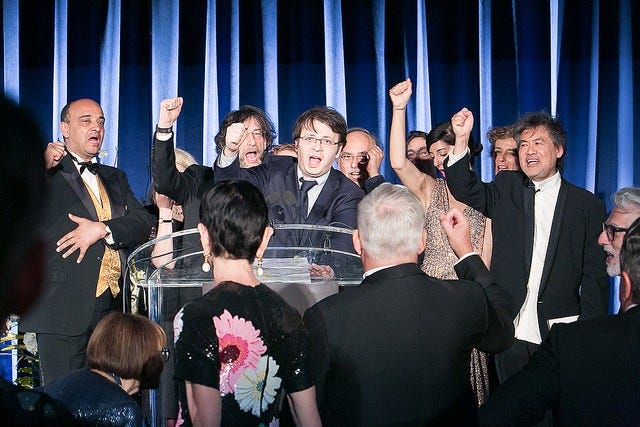
At the after party, I was at bit surprised by guests who seemed relieved that there had been no truly tense moments, since in my limited experience, it is rare for people in gowns and tuxes to abandoned decorum. This was a $1,250-a-plate event that raised 1.4 million dollars, after all.
The only barbed comment, and it may not have been intentionally so, came toward the end of the evening from Nossel, who welcomed the guests who had considered skipping the event by using the same phrase that was on the first cover of Charlie Hebdo published after the attacks: “All is forgiven.” (Nossel went on to emphasize a unified front by quoting from the song “Stand by Me,” which, incidentally, reminded me of Salman Rushdie quoting Field of Dreams at last year’s gala — “If they build it they will come,” he said of the PEN World Voices Festival — and Markus Dohle’s reference to The Little Prince in his speech this year. At an event about freedom of expression, the texts that informed these speeches are certainly enduring classics, but also some of the most non-controversial ever written, sung, or filmed.)
Bob Mankoff, cartoon editor for The New Yorker, was the only presenter of the evening to attempt humor, saying he didn’t think of skipping the gala because his tux was rented, “and bullet proof.”
Halimah Marcus is the Executive Director of Electric Literature and a member of PEN.






